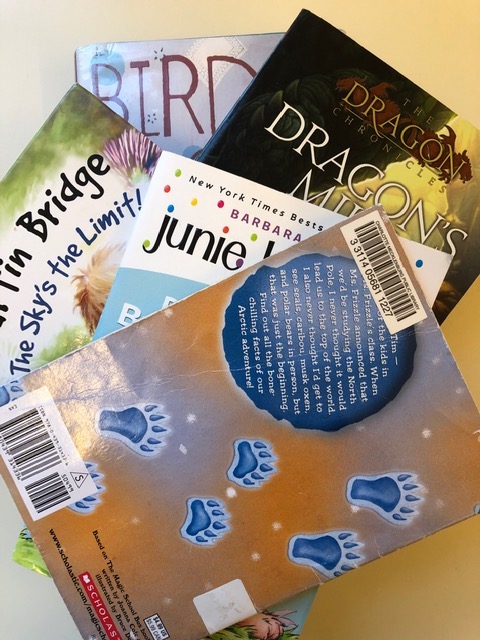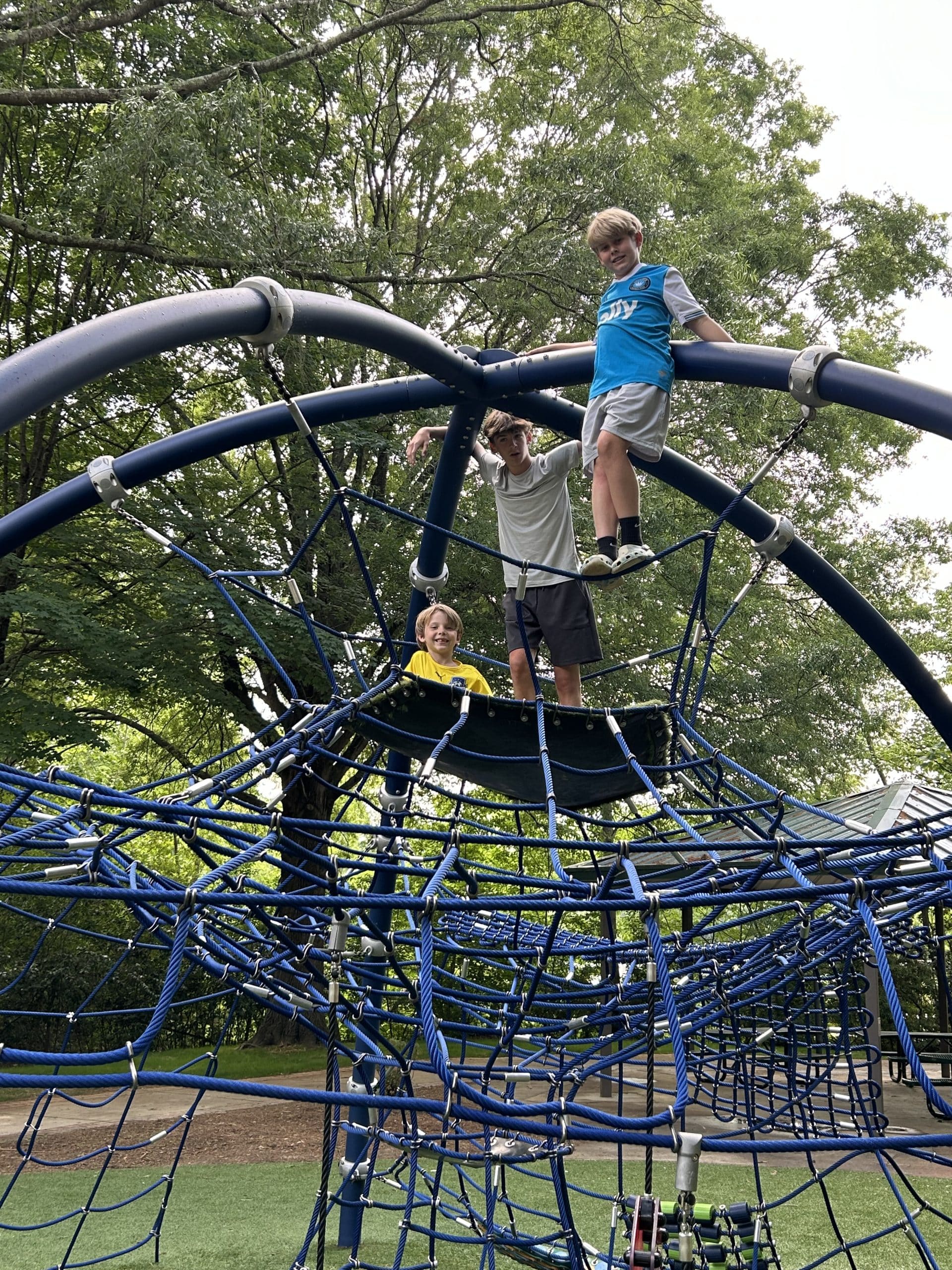Book clubs in school are part of today’s curriculum. Many classrooms have clusters of students happily discussing books they are reading. Clustering in small groups, the teacher is able to move from group to group facilitating if necessary. Mostly, teachers move around the classroom listening to students giving and defending their opinions, making predictions, and sharing favorite sections of a book.
Book Club How-To
It is best to begin a book club at the beginning of the year. However, they can start any time with the introduction of the purpose of the club. First, decide on the best time during the day for the reading club to gather. Second, provide a few reading selections for the group. Last, set up discussion guidelines: Such guidelines include:
- Complete the reading selection on time.
- Be prepared to discuss ideas.
- Listen to other student’s ideas and comments.
- Let everyone have a part in the discussion.
- Be polite to all students in the group.
Book selections are provided by the teacher. Then, students decide on the book they wish to read.
Benefits
Book clubs provide students with a love for literature. In addition, they build a positive attitude toward reading. They build responsibility in that students must finish the reading selection on time for the reading meeting. Book groups foster natural interaction and collaboration among students. In addition, students learn multiple perspectives through book discussions by listening to others. Therefore, they inspire trust in others and build teamwork. Lastly, book clubs cultivate reflection and self-evaluation. In addition:
Students expand understanding and knowledge of various books.
They increase their vocabulary and improve their memory.
Students begin to develop analytical thinking skills.
Their focus is improved as well as their concentration.
Through continued discussions in reading groups, students build strong written and oral communication skills. Plus, no matter how a book club is started and conducted, it only benefits and engages students to take ownership of their learning.
![]()



